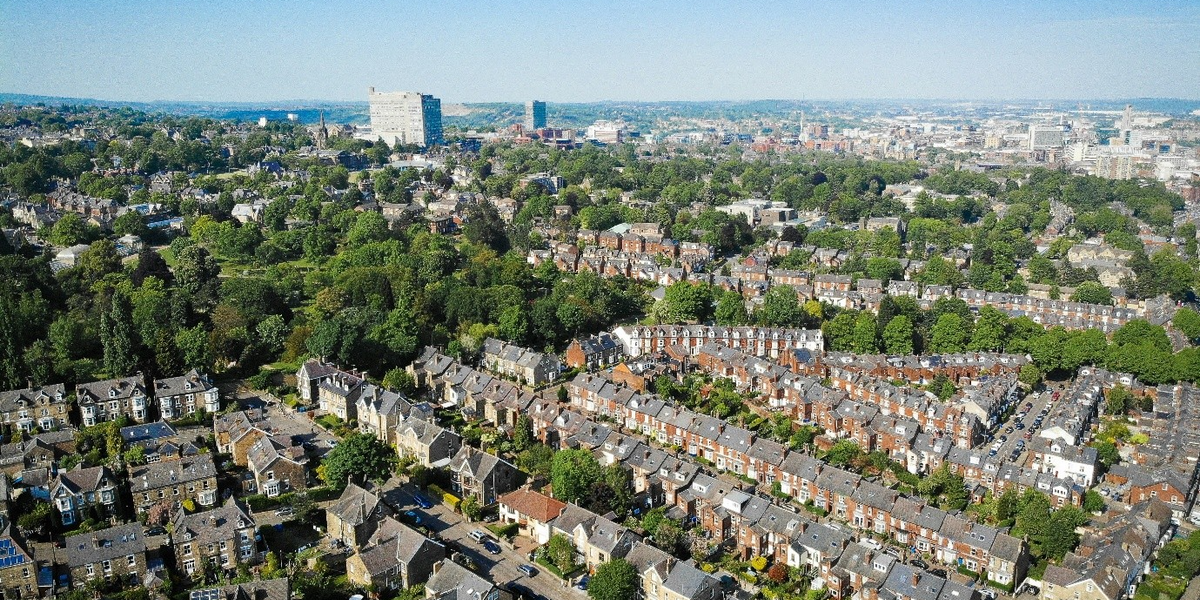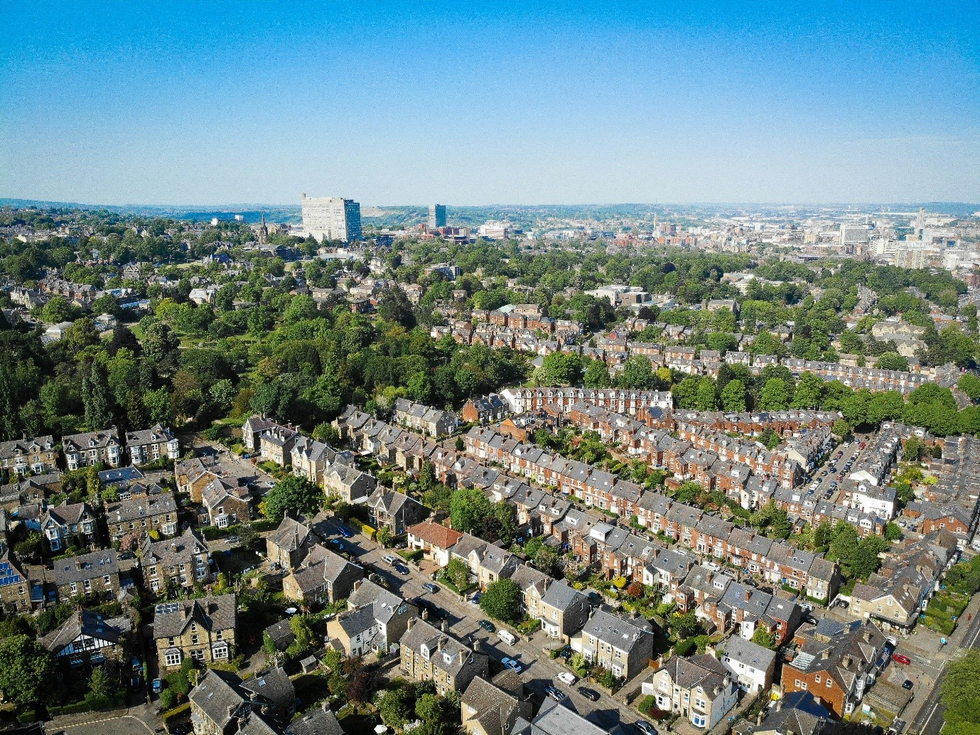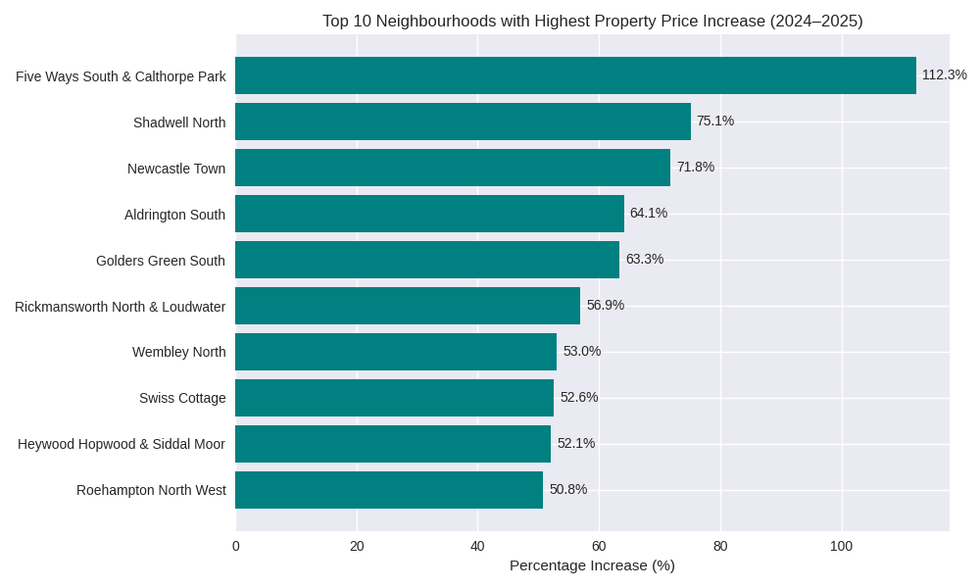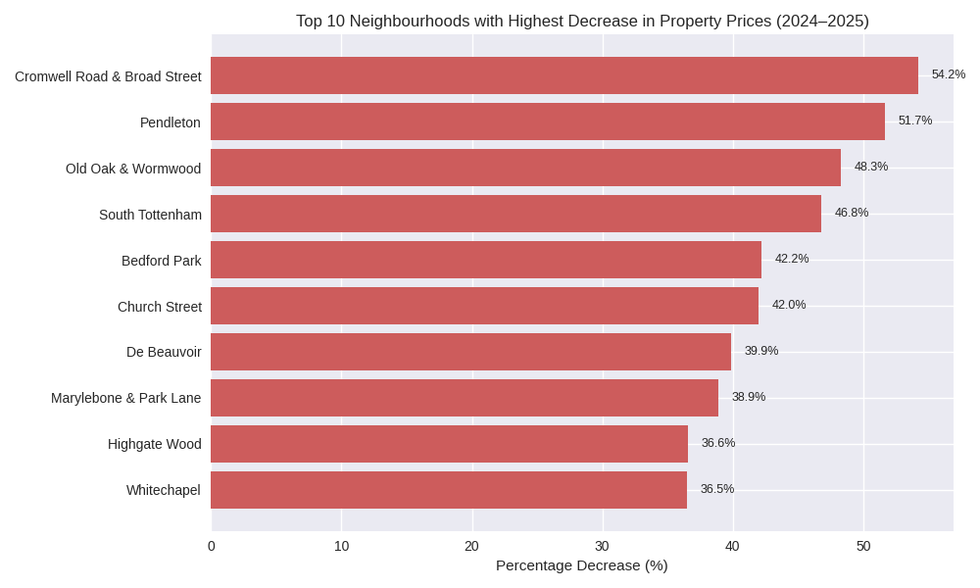



Extraordinary disparities have emerged in Britain's property market, with certain neighbourhoods witnessing their values plummet by more than half, while others have seen prices more than double.
The Cromwell Road and Broad Street area of Salford has suffered the nation's steepest decline, with median property values tumbling 54.2 per cent to just £124,995.
In stark contrast, Birmingham's Five Ways South and Calthorpe Park district has recorded an astonishing 112.3 per cent increase, pushing median prices to £500,000.
These dramatic fluctuations, revealed through Office for National Statistics figures analysed by Online Marketing Surgery and BLG Development Finance, demonstrate unprecedented volatility across British property markets.
The data, comparing median prices between March 2024 and March 2025, exposes a deeply divided housing landscape.
Salford has been particularly affected, with two neighbourhoods featuring among the ten steepest declines nationally.
Beyond Cromwell Road and Broad Street, the Pendleton district saw values collapse by 51.7 per cent, falling from £294,951 to £142,500.
London's most exclusive postcodes have not been immune to this downturn.
The Old Oak and Wormwood area in Hammersmith and Fulham witnessed median prices plunge 48.3 per cent from £1,258,000 to £650,000.
Westminster's premium addresses have suffered similarly sharp corrections.

Britain’s property market shows stark contrasts, with some areas halving in value while others have doubled
|Church Street values dropped 42 per cent to £577,500, while Marylebone and Park Lane experienced a 38.9 per cent decline despite starting from an extraordinary £2,727,006 median.
Other notable London casualties include South Tottenham, where prices fell 46.8 per cent to £468,000, and De Beauvoir in Hackney, declining 39.9 per cent to £587,500.
Tower Hamlets has emerged as a particular hotspot for growth, with Shadwell North recording a 75.1 per cent increase, lifting median values from £321,250 to £562,500.
The borough features twice in the top performers, demonstrating concentrated demand in specific East London locations.
Outside the capital, Newcastle Town in Newcastle-under-Lyme achieved a 71.8 per cent rise, though from a modest base of £84,999 to £146,000.

Top 10 neighbourhoods with the highest increase in property prices
|Online Marketing Survey/ONS/CoPilot
Brighton's Aldrington South neighbourhood surged 64.1 per cent, reaching £771,250.
North London's affluent districts have also prospered significantly.
Golders Green South in Barnet saw values climb 63.3 per cent to £1,455,000, while Swiss Cottage in Camden rose 52.6 per cent to £1,175,000.
Wembley North recorded a 53 per cent increase to £570,000, demonstrating strong performance across various price points in the capital's outer zones.
The geographical spread of these extreme movements reveals no clear pattern, with dramatic shifts occurring across diverse markets.

Top 10 neighbourhoods with the highest decrease in property prices
|Online Marketing Survey/ONS/CoPilot
Rochdale's Heywood Hopwood and Siddal Moor area achieved a 52.1 per cent increase to £275,248, while Roehampton North West in Wandsworth rose 50.8 per cent to £482,500.
The data demonstrates that neither high-value properties nor modest homes have been insulated from volatility.
Ealing's Bedford Park dropped 42.2 per cent from £1,290,000 to £745,000, while Highgate Wood in Haringey fell 36.6 per cent to £802,500.
Three Rivers' Rickmansworth North and Loudwater district gained 56.9 per cent, reaching £820,000.
Meanwhile, Whitechapel in Tower Hamlets declined 36.5 per cent to £370,000, illustrating how neighbouring areas can experience entirely divergent trajectories.
